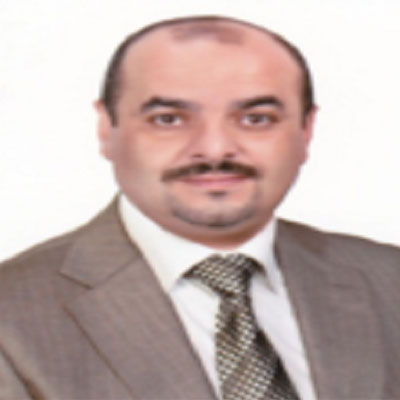Dr. Sufyan Mohammed Shartooh
Assistant ProfessorUniversity of Anbar, Iraq
Highest Degree
Ph.D. in Biological Sciences and Biotechnology from Baghdad University, Iraq
Share this Profile
Highest Degree
Ph.D. in Biological Sciences and Biotechnology from Baghdad University, Iraq
Share this Profile
Dr. Sufyan Mohammed Shartooh is currently working as Assistant Professor in Department of Biology, College of Science at University of Anbar, Iraq. He completed his PhD in 2012 from University of Baghdad in Ecology. His area of work includes Biosorption, Microbiology, Biodegradation of organic compounds, and Evaluation of wastewater quality. His responsibilities include the teaching of Ecology, Environmental pollution, Environmental chemistry, Water and soil microbiology, and Green chemistry in both Biology dept. and Chemistry Dept. of College of Science in the University of Baghdad and University of Anbar. His prior work experience includes Senior Biologists in Ministry of Science and Technology Water and Ecology Treatment DirectorateHead of Bacteriology Lab. Division, Chief of Biologists in Ministry of Science and Technology/ Water and Ecology Treatment DirectorateHead of Technology Transmission Division, and Chief of Biologists in Ministry of Science and Technology Chemical, Biological and Warfare Hazardous Remnants Treatment and Disposal Directorate Head of Studies Department. He has published more than 18 articles in International and National Peer reviewed Journals. He is also serving 3 journals as Reviewer. So far, Dr. Sufyan has produced 1 PhD and 4 MSc theses.
